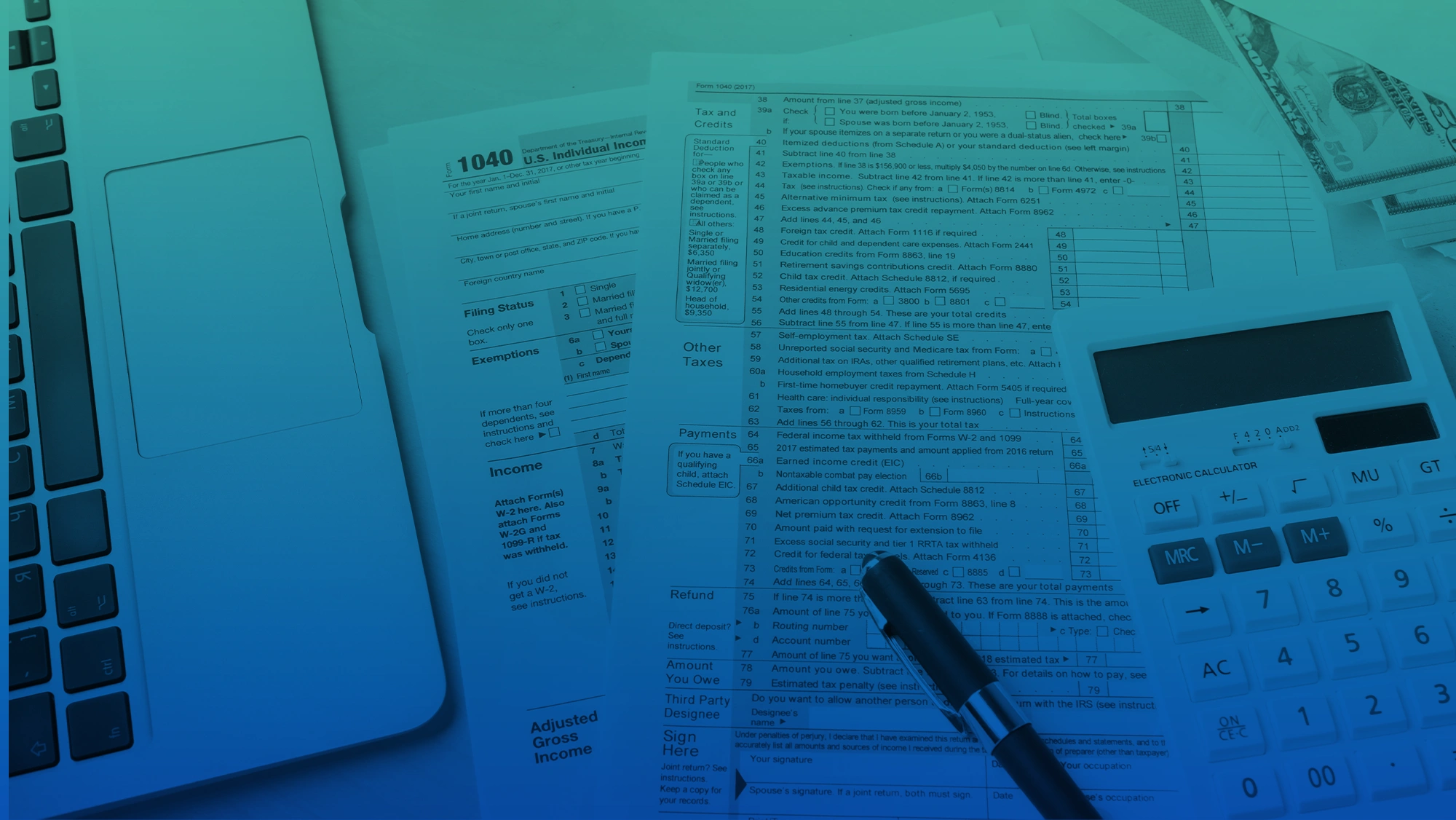In May 2025, the U.S. Senate passed the “No Tax on Tips Act,” a proposed policy shift that could significantly impact how tips are taxed for certain service workers. This move has stirred a mix of excitement, confusion, and misinformation across the hospitality industry.
In this guide, we break down everything you need to know: who qualifies, what the tax exemption covers, when it takes effect, and what it means for both workers and employers.
What Is the No Tax on Tips Act?
The “No Tax on Tips Act” is a bipartisan proposal that allows certain hospitality and service workers to exclude up to $25,000 in reported tip income from their federal income taxes.
This is not a credit or a deduction based on spending. It’s a full exemption, meaning those tips won’t be counted toward taxable income (at the federal level) if certain criteria are met.
The legislation was introduced to help workers in tip-heavy industries retain more of their income—particularly those who are earning below minimum wage and rely on tips to make ends meet.
When Does No Tax on Tips Start?
If the bill becomes law, it is scheduled to go into effect on January 1, 2025. That means tip income received starting on that date would be eligible for exemption, and the new rules would first apply to 2025 tax returns filed in 2026.
Until the law is passed and finalized by the House of Representatives and signed by the President, these changes are not yet in effect. So, for the 2024 tax year and anything earned prior to 2025, tip income is still fully taxable.
No Tax on Tips Act: Who Qualifies for Tip Tax Exemption?
To qualify for this tax exemption, a worker must meet the following conditions:
- Work in a tip-based occupation: This includes food servers, bartenders, bussers, hosts, valets, baristas, hotel bell staff, and similar positions.
- Earn less than $160,000 annually: Total annual income, including wages, tips, and other forms of compensation, must stay under this threshold.
- Report tips to employer: Tips must be reported accurately and consistently as per IRS guidelines. Off-the-books or unreported cash tips don’t qualify.
What Types of Tips Are Covered?
All reported tip income is covered under the proposed exemption, including:
- Tips added via credit card payments
- Cash tips if reported to the employer
- Tips received through third-party apps like Venmo, Cash App, or Zelle (if reported)
- Pooled tips or tip-outs shared among staff
If it’s counted in your paycheck and subject to current income tax reporting, it qualifies—assuming all other conditions are met.
What Taxes Still Apply?
It’s important to understand this isn’t a blanket tax-free policy for tips across the board. The exemption is only for federal income taxes. Other taxes still apply:
1. Social Security and Medicare (FICA)
Tip income will still be subject to FICA taxes. That means you and your employer will continue to contribute to Social Security and Medicare based on your full reported income, including tips.
2. State and Local Income Taxes
This act is federal. Unless your state legislature passes similar rules, you’ll still be taxed at the state and local level based on your tip income.
So even if you’re exempt federally, you might still owe income tax to your state.
Common Misunderstandings
Let’s clear up a few myths that are already floating around:
- “All tipped workers are now exempt” — False. You must meet income limits and be in an industry where tipping is customary and expected.
- “This includes salon workers and freelancers” — Not necessarily. If you’re self-employed or running your own business (like nail techs or stylists), this law likely does not apply to you in the same way. Your tips are considered part of your business income.
- “You don’t have to report tips anymore” — Very false. You still have to report all tip income to your employer or the IRS. If you don’t report it, it won’t qualify for the exemption, and you’ll risk penalties.
- “Tips through Venmo and Zelle are automatically exempt” — Nope. If it’s not reported, it’s not counted. IRS doesn’t care how it was delivered.
Why This Matters for Workers
For workers who meet the criteria, this change could significantly boost take-home pay.
Let’s say you earn $15,000 in tips a year and usually owe around $1,500 to $2,000 in federal taxes on that income. Under the new law, you’d keep that money instead of sending it to the IRS. That’s money that can go toward rent, groceries, or savings.
It also acknowledges the reality of the service industry—that many workers are making below living wages and relying on tips to survive.
What It Means for Employers
Employers in the hospitality industry should be paying close attention to this legislation. Here’s why:
1. Payroll Systems Need to Stay Accurate
This exemption relies on accurate tip reporting. If your staff isn’t reporting their tips, or if your system doesn’t track it properly, they won’t qualify for the exemption.
Now is a good time to review your payroll setup to ensure:
- Tip income is properly documented
- Employees are trained on how to report their tips
- You’re withholding correctly for FICA and any other applicable taxes
2. Staff Will Have Questions
If this law passes, your team will likely have a lot of questions. Many will assume it applies to them, even if it doesn’t. Others will hear something vague on social media and make bad tax decisions based on misinformation.
Be proactive:
- Share educational materials
- Offer clarity on who qualifies
- Encourage accurate reporting
- Connect them with a trusted financial professional if needed
Why Now Is the Time to Prepare
Even though the law hasn’t officially gone into effect, you don’t want to wait until the eleventh hour. Preparation now will prevent tax-time headaches in 2026.
Here’s what you can do as an employer or business owner:
- Review how your team reports tip income
- Revisit your POS systems and accounting software
- Educate managers and leads on the requirements
- Communicate clearly with your team so they don’t spread misinformation
This is also a smart time to schedule a consultation with a tax advisor or fractional CFO to walk through how this might impact your business operations and reporting obligations.
📣 A Note to Business Owners and Operators
If you own or manage a restaurant, hotel, coffee shop, bar, or any business where tips are part of your team’s income, this policy change directly affects you.
Your team is going to hear about “no tax on tips” and expect answers. The best thing you can do is:
- Get educated on what’s changing
- Make sure your payroll system supports compliant tip tracking
- Proactively communicate the facts to your staff
- Set your team up for success in 2025
If you’re not sure where to start, now is a great time to connect with someone who understands both the tax code and the service industry.
Need help translating tax policy into clear next steps? Schedule a consultation with a financial expert who can help you and your team get ahead of the changes before they hit.



